

By Niki Spears, Founder and Chief Culture Creator of Culture Cre8tion
When was the last time you forgave yourself? Take a moment to reflect on this question.
It’s not a question we often ask ourselves, especially in our fast-paced lives as Head Start educators. We dedicate much of our time to nurturing the young hearts and minds of the children and families we serve, but how often do we pause to nurture our minds?
If you’re like many, self-forgiveness might be a rare and precious gift you’ve yet to give yourself. Perhaps you carry the weight of past experiences that continue to bring emotional pain. The burden of regret, shame, or unhealed wounds can act as a cloud, obscuring the daily blessings and miracles surrounding you.
But what if I told you that forgiveness held the key to cleansing your heart and spirit, not just in forgiving others but yourself? What if I revealed that forgiveness had the power to release you from the shackles of negative energy, making way for the abundance of love and grace that waits patiently around you?
Forgiveness isn’t merely a beautiful sentiment; it’s a profound act of self-care and personal liberation. On this journey toward self-forgiveness and healing, we’ll embark on a path inspired by the remarkable story of Dr. Hew Len—a story that introduced the world to the transformative practice of Ho’oponopono, a traditional Hawaiian healing practice that uses a simple mantra to release negative emotions, thoughts, and experiences.
Dr. Hew Len’s Story:
Dr. Hew Len, a therapist, joined a mental health ward for mentally unstable criminals in Hawaii, a place where fear and despair reigned. Staff turnover was high, and patients lived in constant turmoil. Dr. Len agreed to take the role under one condition: he would not physically see patients. The hiring team agreed to hire Dr. Len along with his uncommon request because of the difficulty with finding and hiring therapists to work in the facility.
Dr. Len didn’t physically see patients but reviewed their files and allowed whatever feelings and emotions to come through. As he felt what he was feeling, he practiced a simple yet profound mantra—a mantra known as Ho’oponopono where he repeated the following phrases:
“I love you.
I’m sorry.
Please forgive me.
Thank you.”
Here’s the twist: Dr. Len wasn’t saying these words for the patients. He was speaking them to himself, seeking forgiveness for the feelings that arose within him as he read those files. So if he felt anger, frustration, or sadness – instead of focusing on the patient, he instead forgave himself for what was showing up in him. Over time, something miraculous happened. Patients started to heal. Staff morale improved, and eventually, the facility closed.
What if anytime you felt negative energy or emotions, instead of focusing on the situation or person, you instead forgave yourself for having these feelings?
We’re learning that the answers to life’s most complex interpersonal problems are not found outside of you but within you. As you become more self-aware and understand how your energy can contribute to others’ behaviors as well as your outcomes, you’ll begin to live the peaceful life you’ve always wanted.
Integrating Ho’oponopono into Your Program
There are several ways we can bring the power of Ho’oponopono into our programs and classrooms, setting the stage for creating a culture of forgiveness. The following practices can create an environment where forgiveness, growth, and inspiration thrive:
Morning Circle/Huddles: Start your day with a “forgiveness circle” where you and your students express forgiveness, gratitude, and love. It sets a positive tone for the day.
Conflict Resolution: Teach children conflict resolution skills grounded in forgiveness and empathy. Encourage them to use the Ho’oponopono phrases when resolving disputes.
Mindfulness Moments: Introduce moments of mindfulness into your daily routine. Use them as opportunities to cultivate self-forgiveness and self-compassion.
Creative Expression: Incorporate art, music, or storytelling into your curriculum to help children explore and express their emotions, including forgiveness and healing.
Community Building: Foster a sense of community by encouraging acts of kindness, understanding, and forgiveness among students. Create a culture of support and respect.
As a token of inspiration, I’ve attached Ho’oponopono cards that you can use as a reminder in your daily life and share with your students, families, and colleagues.
These practices can infuse your program with the healing and transformative power of Ho’oponopono, nurturing an environment where love, growth, and inspiration become a part of your day.
As we continue this journey of self-discovery, you’ll uncover how these practices can help you and others flourish both inside and outside the classroom.
“I love you.
I’m sorry.
Please forgive me.
Thank you.”
Sending beautiful energy your way,
Niki Spears
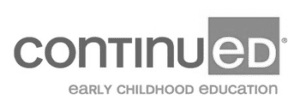




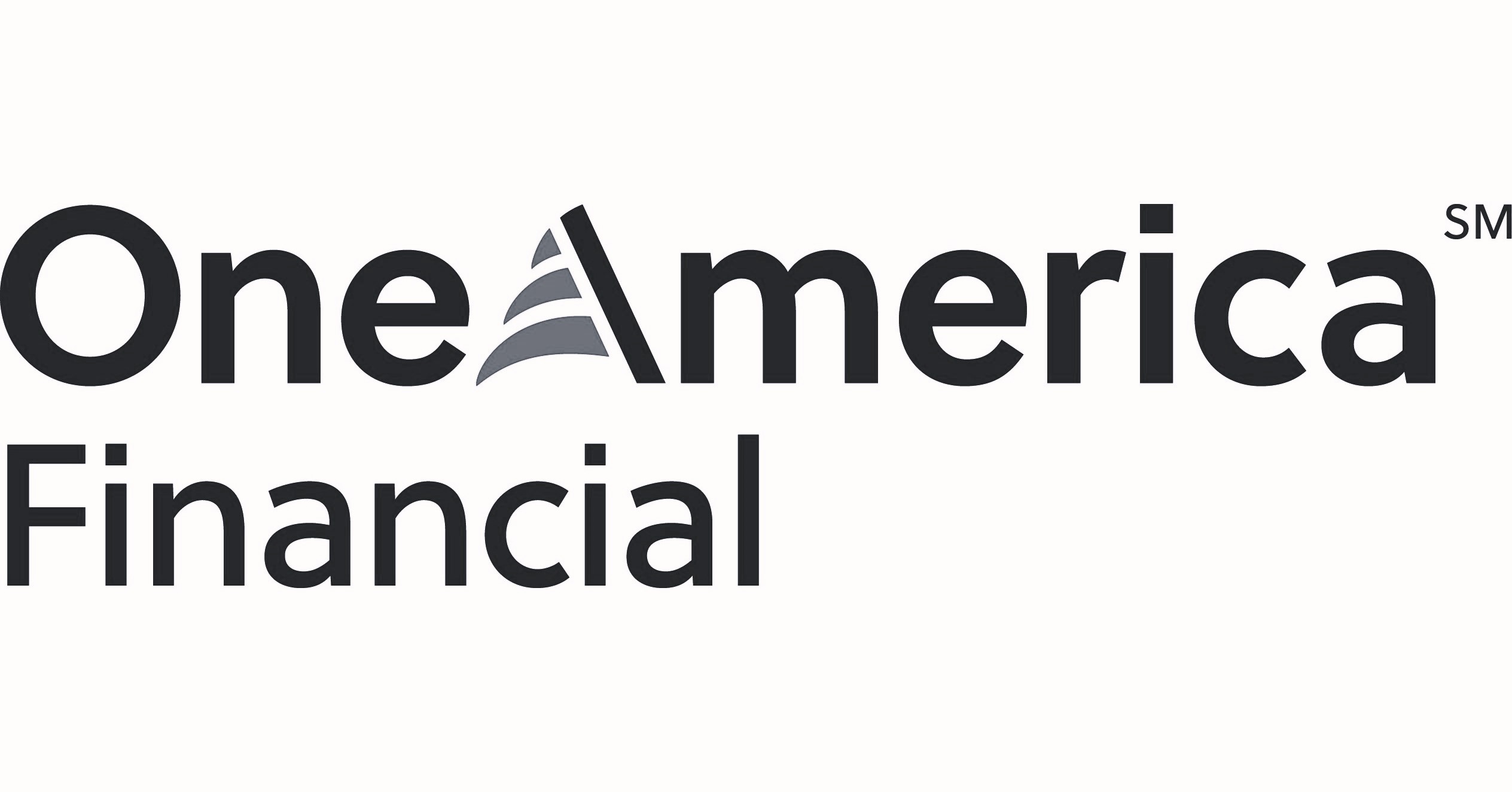
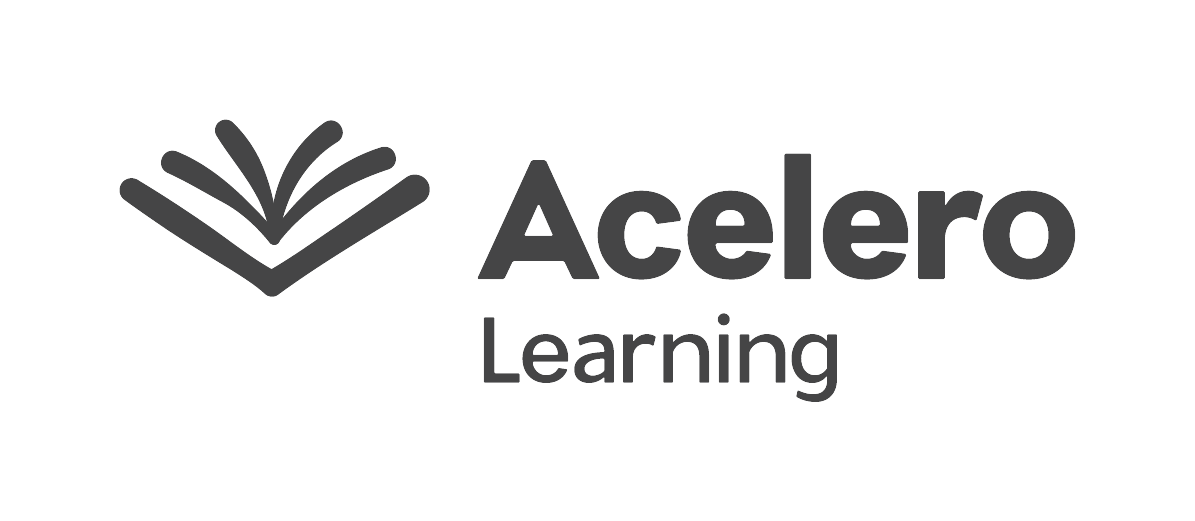
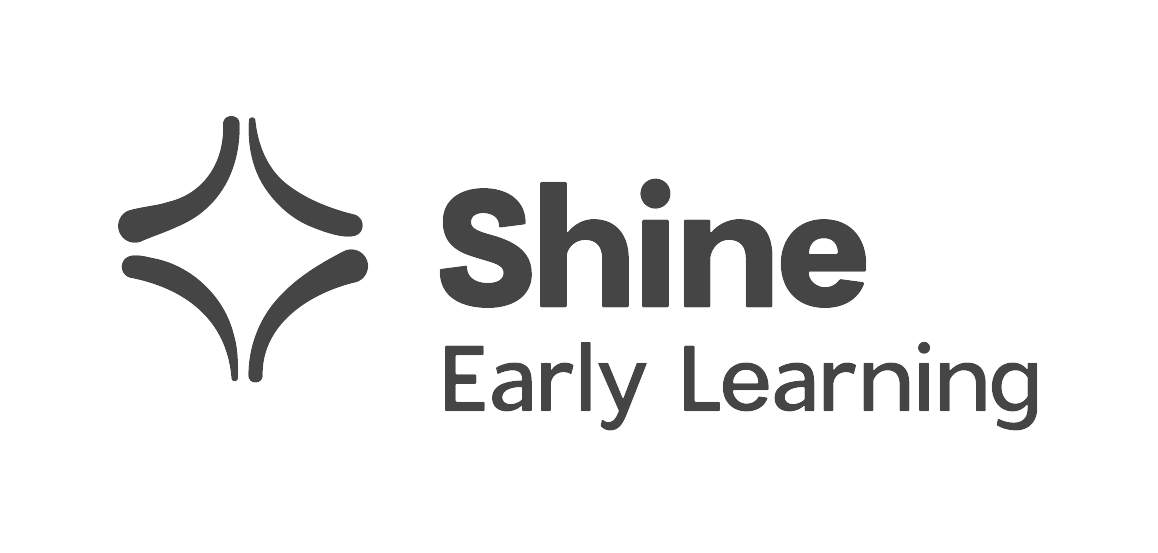



I have been to management workshops, not leadership training. This has totally changed my perspective and encouraged me to propel forward in developing my skills.
I am honored and humbled to be a recipient of the Region 9 Head Start Association’s Legacy Scholarship. The scholarship helped me get one step closer to achieving my goal of becoming a Head Start Director.
I took part in The disproportionate impact of COVID 19, and how to provide “real” support for black/brown children and families and I just want to say this was an amazing webinar. I hope we can look forward to further conversation on this topic.
Thank you so much for making events like this! I really enjoyed and learned so much teaching strategies to implement STEM in the classroom.
The HR Network was an excellent opportunity to network and learn the best practices from other HR professionals within Head Start programs. You will be amazed by the level of talent and experience of the participants.
The Summer Camp training was powerful and inspiring! Each presenter was very engaging, it’s hard to even pick a favorite session!
The Leadership Challenge training was very relevant to my work as a Head Start leader! Great facilitation; stayed with the program yet allowed time for individual and small group reflections.
Regular price $12.00
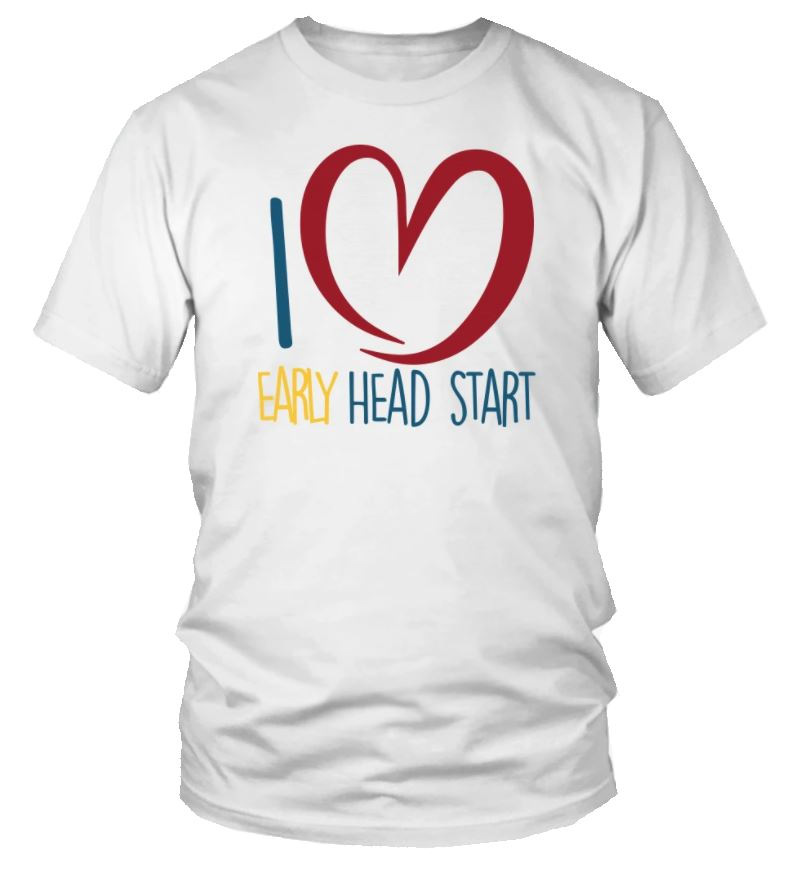
Regular price $39.00
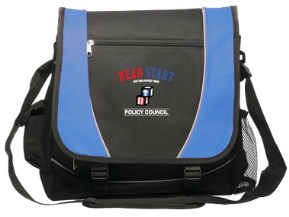


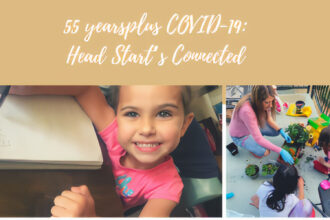
Questions? Contact us at headstartr9@region9hsa.org.